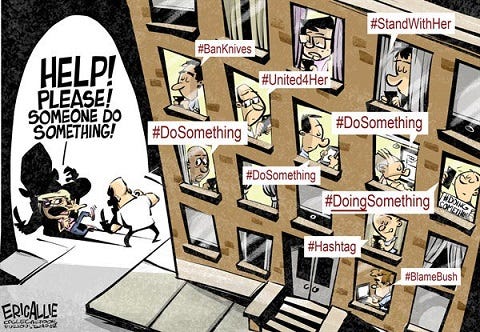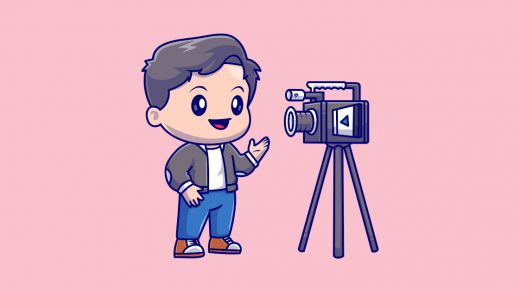Recently my Instagram Feed has been filled with reposts of all kinds of posts about the current protests in Iran. I am sure most of you saw the video of Swedish politician Abir Al-Sahlani cutting off her ponytail in an assembly of the European Union a few weeks ago, which was a strong statement and a way to reach people all over the world, especially in this setting.
A new trending hashtag on social media is called #HairForFreedom, under which women from all over the world film themselves while cutting off a strain of their hair as a sign of solidarity. When I saw the video of several French actresses doing that exact thing, it got me thinking. In the end, all that they and everyone posting under this hashtag were doing was just cutting off a (sometimes barely visible) strain of hair out of the comfort of their living room, kitchen, or wherever they were at the moment. This act might show solidarity, but at the same time it is just another way of promoting oneself and keeping up the good façade on social media that we all so crave, and it does not do anything but make people feel better about themselves.
Surely everyone has some strong opinions on certain issues in our world, but how often do we actually stand up for them?
In comes slacktivism, a combination of the words activism and slacking, sometimes also referred to as armchair activism, which already points to its rather passive nature. The Oxford dictionary defines slacktivism as ‘working to achieve political or social change by using the internet to carry out actions that are thought to require little effort or time. Examples of this phenomenon might be the signing of online petitions, the reposting of photos, videos, or tweets, putting a filter over your Facebook or Instagram profile picture, but also social media phenomena like #HairForFreedom.
The reason this form of activism receives a lot of criticism is, as already mentioned above, the perception that actions like these do not actually lead to change, and tend to have a rather short-lived nature – just like any fashion trend they often only last for several weeks, maybe months, and then slowly get replaced by the next one. People who are not actively affected by the cause quickly lose interest.

But let us get to some positive aspects because social media is not always all that bad. While there are enough reasons to be critical of slacktivism, its positive sides should certainly not be left unseen. Hashtags like this one are a great way to reach a large number of people almost all around the globe and make them aware of pressing issues and of ways to do something about them. It could be seen as the first step towards change. For example, the reposting of the announcement of the protest against the Iranian regime recently got people from all over Europe to travel to Berlin to participate and stand up for them. Another example of the way that slacktivism can spread information in a way that serves a bigger cause is the posts with explanations on how to help people get Internet access despite censorship in countries like Iran, by building bridges with Snowflakes that were popping up all over social media.

It is always important to stay critical about all kinds of armchair activism, but if used in the right manner the use of social media to spread information and awareness can indeed create greater social movements and get the activism from the comfort of the armchair outside into the world.
“If it’s just on social media, then very little will follow from that. But if by seeing things, people are impelled to take action themselves, and they are helped to find out how to take that action themselves, then change can result.”
Prof. Nicholas Mirzoeff, New York University



I totally understand what you mean by Armchair Activism, but at the same time I believe that any type of attention towards problems anywhere around the world is helpful in one way or another. It might be rare but many of the times internet has the power to bring a difference in the worse situations. A few examples could be the #MeToo Movement, which highly happened on the internet. An unfortunate event was not dicussed in detail but a # was enough to share the views and make a difference. Overall, Armchair Activism has its pros and cons but I feel like that highly depends on the situations.